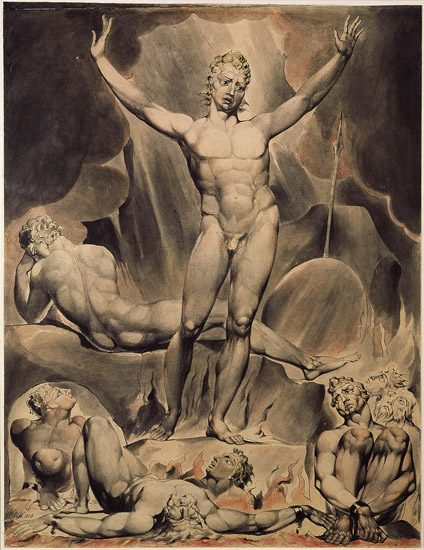Quotations and Literary Allusions spoken by Willy Wonka in the 1971 film, Willy Wonka and the Chocolate Factory<br /> by Thomas M. Brodhead<br /> https://bmt-systems.com/score/wonka.htm
Archived copy: https://web.archive.org/web/20200111135336/https://bmt-systems.com/score/wonka.htm
